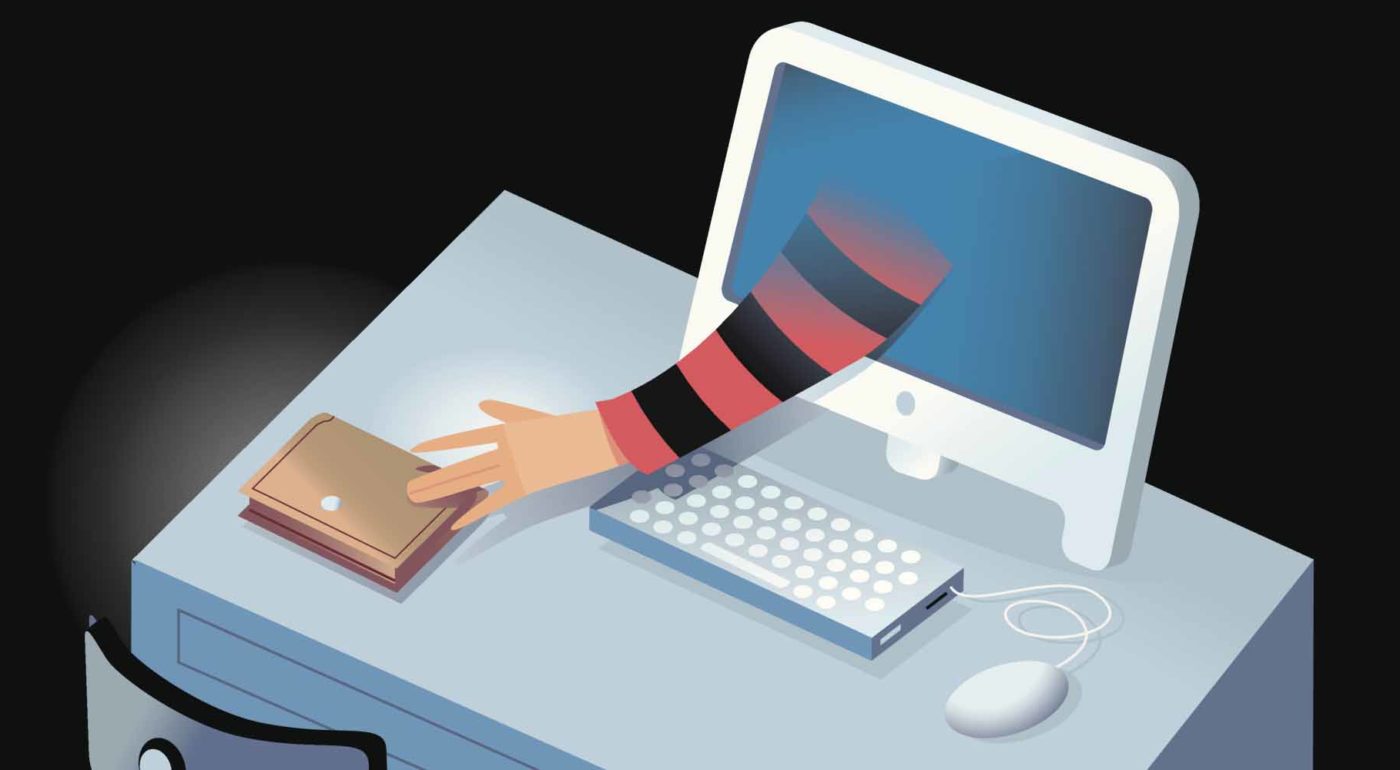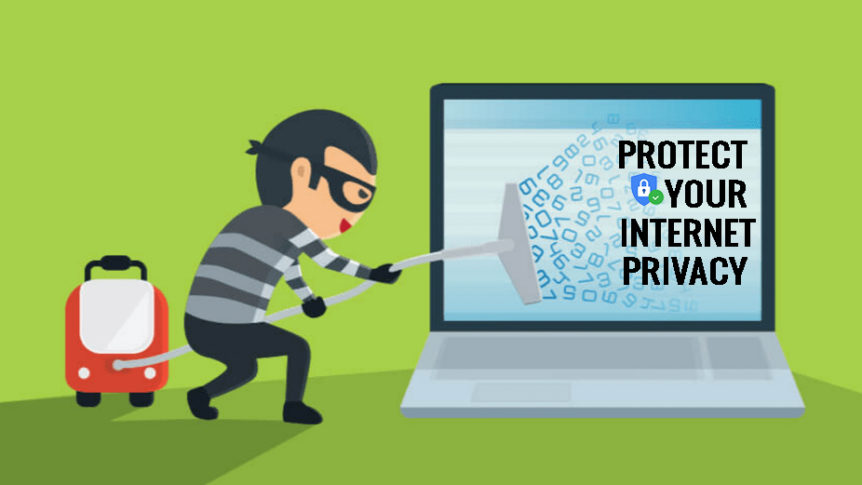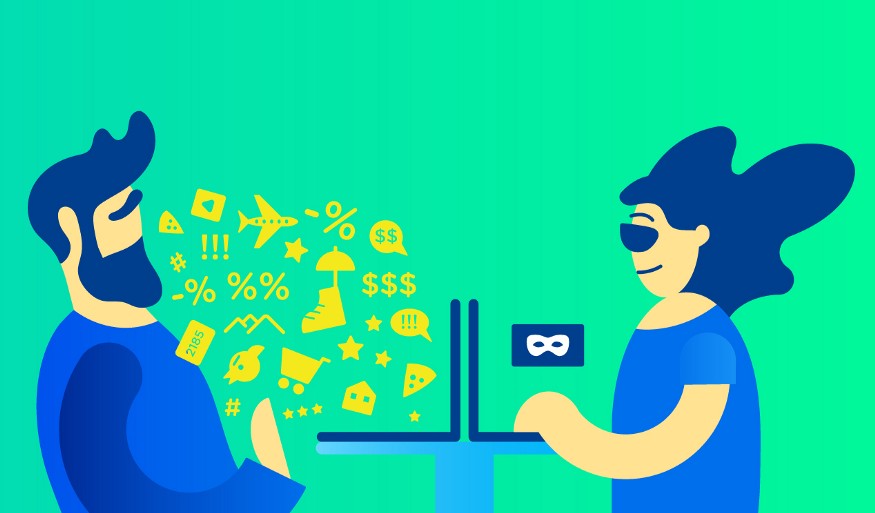What is privacy?
Privacy is a term that comes up a lot in the computer world. With big companies like Facebook constantly skirting the line between privacy and violation, a lot of people are talking about it.
But what is privacy? According to ComputerHope, computer privacy refers to information shared with visiting web pages, how that information is used, who that information is shared with, or if that information is used to track users. These are usually covered in a company or website’s privacy policy, which we never read.
Why is privacy important?
In this age where everyone shares their whole life on social media, privacy seems to be a conceptual term that’s no longer in use. However, the internet contains more than that. Your accounts and passwords protect much more than your emails and social media posts. They protect personal information, including financial and health related information.
If you’re being tracked, your browsing details and online presence quickly builds up a very accurate character that includes your interests, problems, hobbies, work, to even location. Large companies would pay millions to obtain user data to be used in their marketing (ever wondered who selects all those ads everywhere?).
In social terms, privacy is also important to maintain your reputation and respect (especially professionally) and also to protect your loved ones. For example, data about a 3 year old child could be gathered by looking at their parents social media accounts.
Does Mozilla ensure privacy?
In Mozilla, privacy is not an optional thing. Its one of the bases of the community. While the default privacy of the firefox browser is good, there are extensions that make it even better! (Including getting rid of those pesky Facebook trackers we mentioned above)
Mozilla’s stance on data protection and privacy is “We Stand for People Over Profit.” In an age where people abuse ‘convenience above containment’, Mozilla adheres to a ‘no surprises’ principle, ensuring that user expectations of their privacy is the reality.
Mozilla does this by not collecting your browsing data, unless the user specifically opts to share it. This is true even in the case of you syncing data across devices, as they use end-to-end encyption from device to device, giving mozilla no control.
The little data they do collect about how people use their browser (firefox) is tied with a random identifier, and not your name, thus ensuring that it cannot be linked to you.And even that can be turned off. Sweet!
What can I do to protect my own privacy?
If you don’t feel like trusting your browser (even firefox), that’s probably a good idea. Fortunately, there are a few steps you can take to keep your online life under your control.
- Secure your passwords
- Be consious about all your privacy settings
- Get reliable security for all your devices
- Update!
- Backup your data (Ransomware is unfortunately a thing)
- Be careful with your phone (pssst, uninstall facebook)
- Be leery at wifi
- Read up on phishing (No, that wasn’t a typo)
If you follow all these steps, congratulations! Your online life is more secure than most people’s! Stay safe and browse safe!
Article By: Paramie




























No comments yet
Post a comment